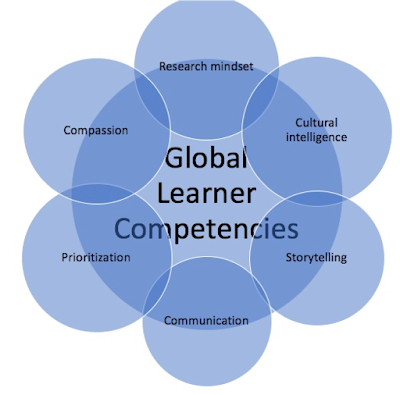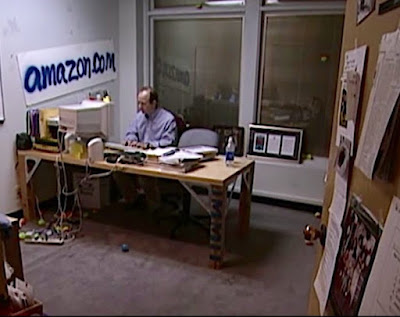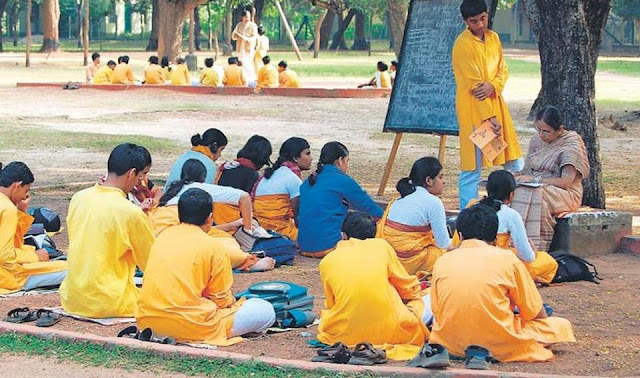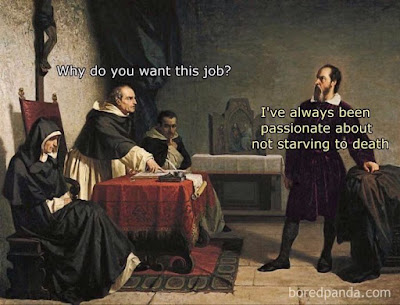Should I call myself a conservative?
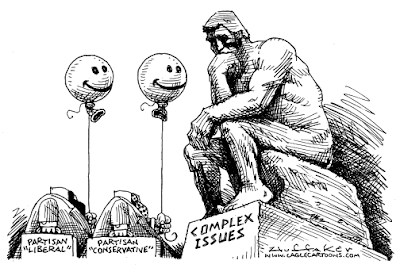
In this day and age when political labels are liberally applied and some impossible categories, such as left-liberal, it's really confusing where anyone stands. Indeed, the wise opportunists of our age know the true value of these labels: Labels for them are keys to offices. The only other use of them is on opponents to undermine their arguments and question their integrity. And, yet, when someone isn't being labelled, they are being asked. A middle-class education predicated on ideas of truth and integrity may still instil a sense of commitment to one idea or another; the quest for belonging may club one with fellow-travellers who still believed in belief. So is indeed my predicament: It's hard for me to avoid some labels, given my ethnic origin and the particular time of my birth. Besides, my indulgence in reading widely and failure to strictly adhere to the cult of one or the other great men make me for any true believer category. Indeed, lumpers will p...
